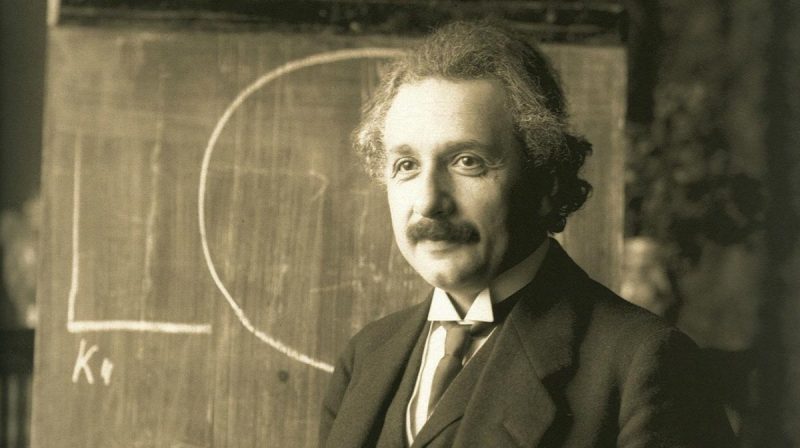Charges of hypocrisy, contradiction, “flip-flopping,” etc. in politics are so much mud thrown at the castle walls. Unless the peasants gather in large enough numbers to storm the palace and depose their lords, their righteousness avails them nothing. What does it matter to the current party in power, for example—who wears the national flag like a cape and has decided the civil religion and its Evangelical variety are one in the same—that its most-admired role model and (alleged) fixer is a corrupt Russian autocrat who murders journalists (or a Confederate general who led the armies of a treasonous slave state)?
So it is, on and on, with the political class.
Take Alan Greenspan, chairman of the Federal Reserve from 1987 to 2006. During these years, he was widely hailed as a major power behind the throne, no matter the policies of those who occupied it. He was “obliged to report,” Christopher Hitchens wrote in Vanity Fair in 2000, “to Congress only twice a year, at formal occasions where he is received with the deference that was once accorded the Emperor of Japan.” I well remember the dowdy frisson accompanying those appearances in the 90s, the Bill Clinton bubble years. Hitchens only slightly exaggerates. But somehow, Greenspan retained this guru-like aura despite the fact that his position violated his sincerely-held beliefs as a member, he himself told Hitchens, of Ayn Rand’s “inner circle”
As Hitchens notes in the grainy video clip above, “a state Federal Reserve Bank is not part of the Libertarian program, though Mr. Greenspan seems a bit iffy about this self-evident proposition.” In addition to championing atheism and abortion rights, Rand, Greenspan’s “intellectual guru,” defined the rigid ideological disdain for government meddling in markets and social spending of any kind. Yet she ended her days on the government dime. But there are no contradictions for purveyors of theodicies. Randians, or “Objectivists,” if they prefer, must know that to everyone outside the circle, the philosophy looks like ethically-bankrupt cult logic, wishful thinking easily discarded when inconvenient. Still, adepts will write to tell us that if we only grasped the gnostic reasoning of such-and-such argument, then we too could pierce the veil.
Hitchens dispenses with this pretense, not as an anarcho-communist radical but as a sometime neoconservative hawk and sometime admirer of Rand (or at least a knowledgeable reader of her work). “I have some respect for the ‘Virtue of Selfishness,’” he goes on to say in his aside on Rand above—which occurred during a lecture called “The Moral Necessity of Atheism” at Sewanee University in 2004. (In his Vanity Fair essay, Hitchens pronounced himself a “Rand buff.”) And yet, the title of Rand’s collection of essays provides him with the rhetorical essence of his critique, one drawn from a different strain of virtue—of a religious variety, even. After dismissing Rand on literary grounds, he says:
I don’t think there’s any need to have essays advocating selfishness among human beings; I don’t know what your impression has been, but some things require no further reinforcement.
The urbane Hitchens goes on to tell an off-color anecdote about Lillian Hellman with a moralistic undertone, gets a laugh, and pivots to a much older theological conflict to bring his point home.
So to have a book strenuously recommending that people be more self-centered seems to me, as the Anglican Church used to say in its critique of Catholicism, a work of super-arrogation. It’s too strenuous.
It’s trying too hard, that is, to convince us, and itself, perhaps, that its superstitions, self-defenses, and desires are natural law. Rand’s belief system has so little intellectual currency among thinkers on the left that few people spend any time bothering to refute it. But Hitchens did the political center a service when he took on defenders of Randianism in the media, such as he does in the debate below with David Frum, the now infamous neoconservative Canadian speechwriter for George W. Bush. Those who think the healthcare debate began with the election of Barack Obama may be surprised to see it conducted in almost the very same terms in 1996.
Frum defends a version of the libertarian view, Hitchens a social democratic perspective. When Rand’s name inevitably comes up near the end of the discussion (4:40), Hitchens articulates the same views: “I always thought it quaint, and rather touching,” he says with dry irony, “that there is in America a movement that thinks people are not yet selfish enough…. It’s somewhat refreshing to meet people who manage to get through their day actually believing that.” Like many others, Hitchens embodied a number of contradictions. Among them, perhaps, was his staunch, almost Catholic belief—despite his strenuous objection to religion—that selfishness… too much selfishness, a valorization of selfishness, a cult of selfishness… is self-evidently a rather sinful thing.
Related Content:
When Ayn Rand Collected Social Security & Medicare, After Years of Opposing Benefit Programs
Christopher Hitchens Creates a Revised List of The 10 Commandments for the 21st Century
Flannery O’Connor: Friends Don’t Let Friends Read Ayn Rand (1960)
Josh Jones is a writer and musician based in Durham, NC. Follow him at @jdmagness







